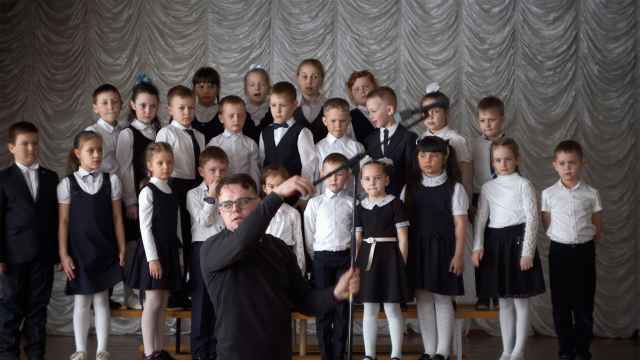Monday's suicide bomb attack in Volgograd was not the first such attack in Russia, and it will not be the last. Since 2000, suicide bombings have become increasingly frequent in Russia, and "black widow" suicide bombers have been integral to this.
No one has yet claimed responsibility for the attack, which killed at least six people and injured at least 33 others. Reports in Russia, however, suggest that the bomber was Naida Asiyalova, a 30-year-old woman from Dagestan — an insurgency-ravaged and predominantly Islamic republic in Russia's troublesome North Caucasus region — who had recently converted to Islam and who was married to a known Islamic militant. If this is the case, it would represent the latest in a long line of terrorist attacks by black widows from the North Caucasus. From 2000 to 2004, all but five of the 25 Chechen-linked separate suicide bombings in Russia included women.
Initially, these attacks targeted those whom Chechen separatists considered to be combatants in the North Caucasus — primarily government and military assets. But they have since spread into central Russia and have followed one of two templates. Either the suicide bomber drives a Russian military vehicle, filled with explosives, into or next to the target just prior to detonation, or the individual enters a public transport system and detonates a suicide belt. Unlike suicide bombers elsewhere, black widows are motivated by a desire to avenge the deaths of male relatives mistreated or killed by the Russian state rather than by religious fundamentalism.
For those who thought Islamic terrorism in the North Caucasus ended when President Vladimir Putin declared an end to Russia's "counter-terrorist operations" in Chechnya in April 2009, the attack in Volgograd is evidence that they were wrong. Such terrorism never went away. In 2012 alone, there were 96 recorded terrorist attacks in southern Russia, of which seven were suicide bombings.
As Russia prepares to host the Olympic Games in Sochi, located dangerously close to the North Caucasus region, this thought should keep the Kremlin awake at night.
Andrew Foxall is director of the Russia Studies Centre at The Henry Jackson Society in London.
A Message from The Moscow Times:
Dear readers,
We are facing unprecedented challenges. Russia's Prosecutor General's Office has designated The Moscow Times as an "undesirable" organization, criminalizing our work and putting our staff at risk of prosecution. This follows our earlier unjust labeling as a "foreign agent."
These actions are direct attempts to silence independent journalism in Russia. The authorities claim our work "discredits the decisions of the Russian leadership." We see things differently: we strive to provide accurate, unbiased reporting on Russia.
We, the journalists of The Moscow Times, refuse to be silenced. But to continue our work, we need your help.
Your support, no matter how small, makes a world of difference. If you can, please support us monthly starting from just $2. It's quick to set up, and every contribution makes a significant impact.
By supporting The Moscow Times, you're defending open, independent journalism in the face of repression. Thank you for standing with us.
Remind me later.





